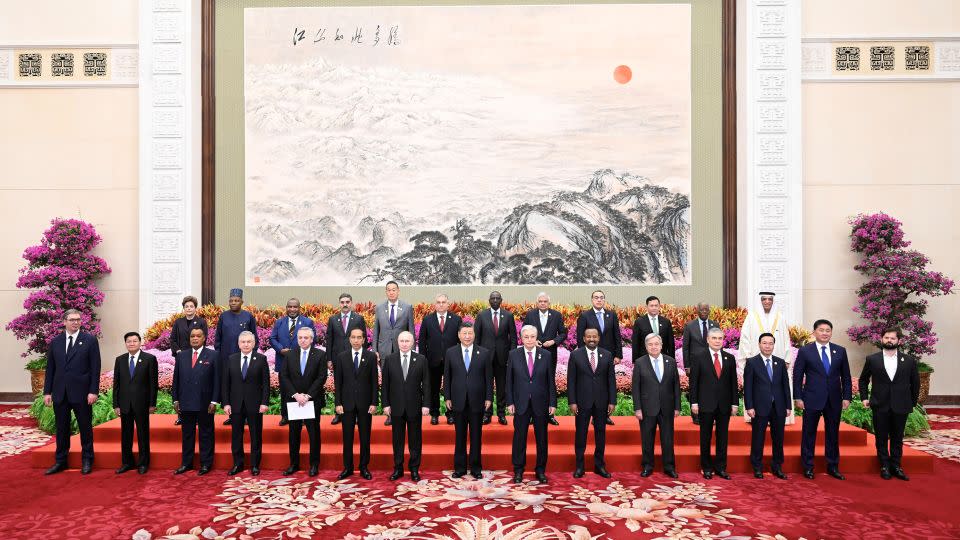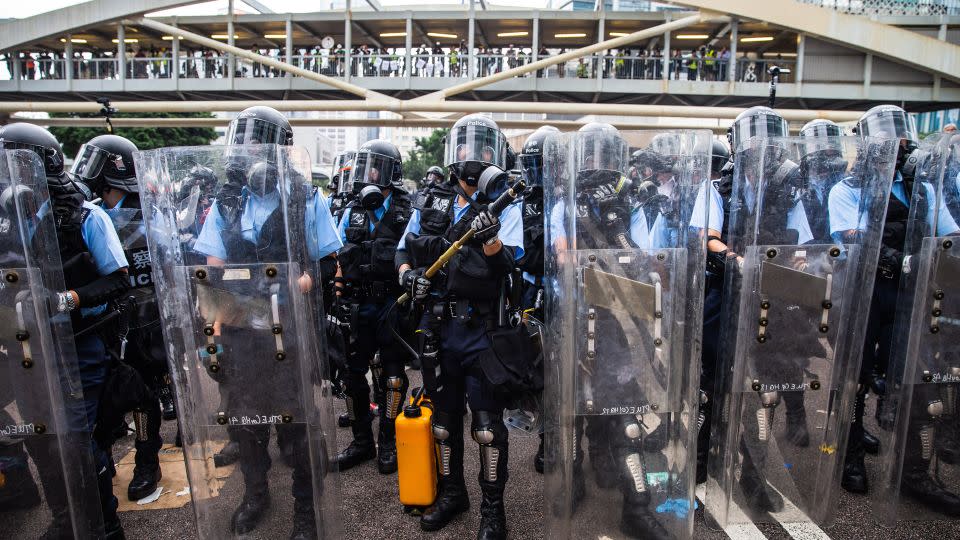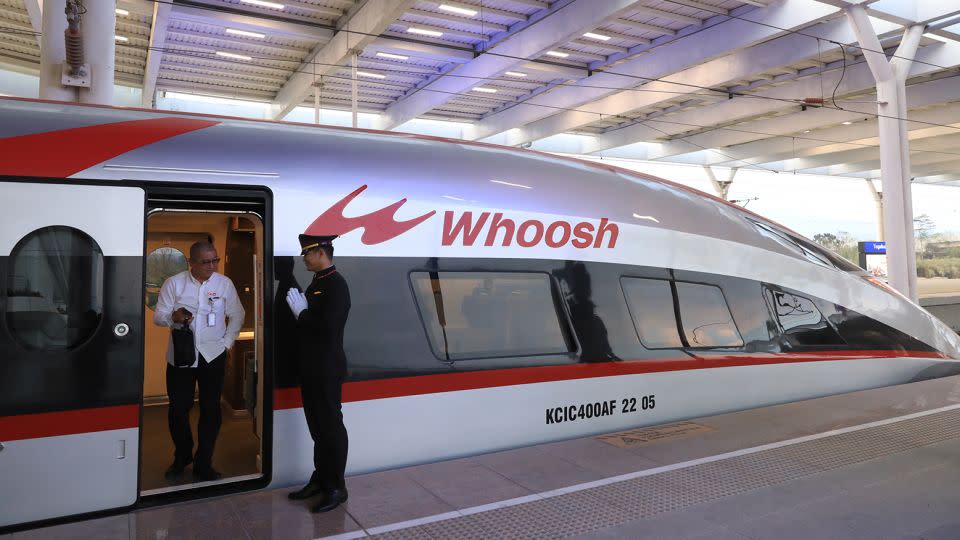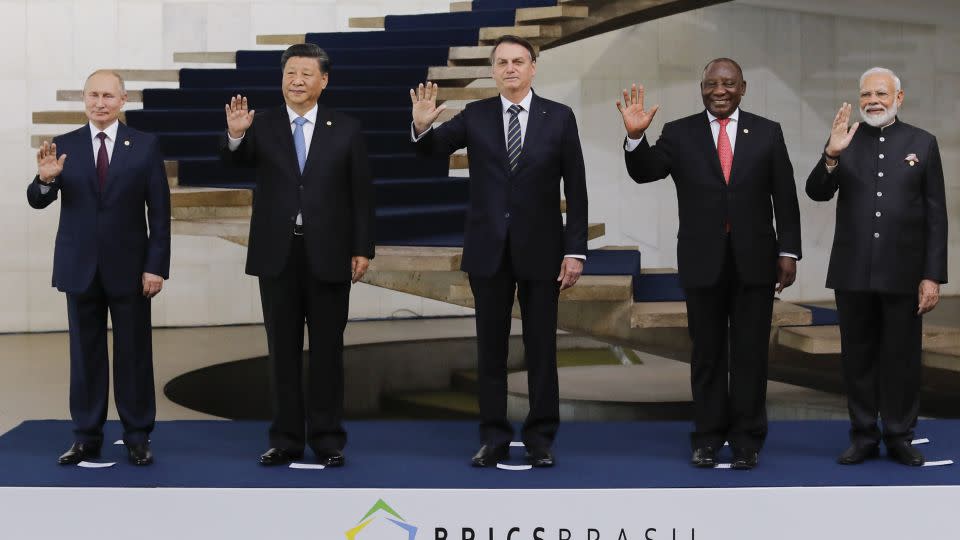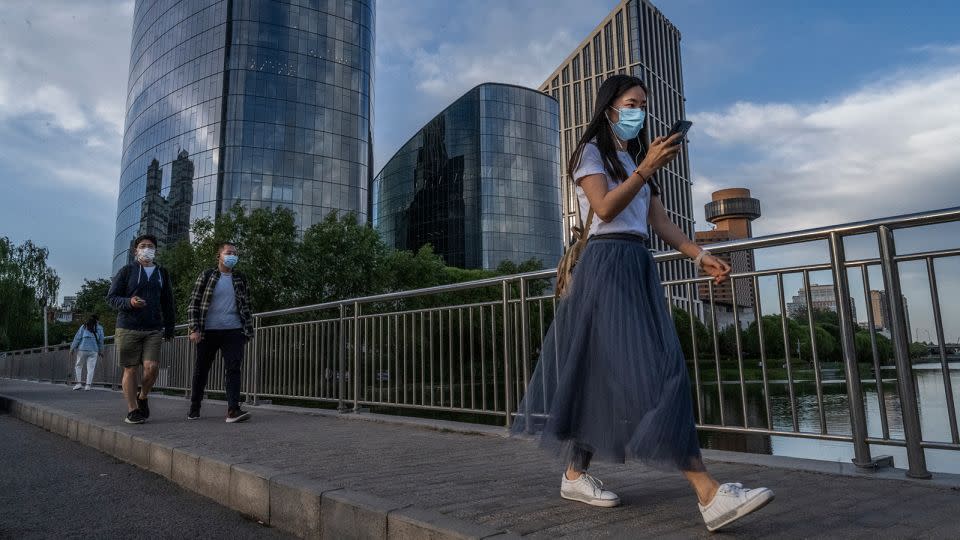Genevieve Holl-Allen
Fri, 10 November 2023

A genuine Gansey jumper takes six weeks to knit and has a distinctive pattern - Charlotte Graham
Fisherman’s jumpers are at risk of dying out because of a lack of experienced knitters, makers have warned.
Gansey jumpers, a staple of seafaring attire since the beginning of the 19th century, are hand-knitted over a period of six weeks – and one Yorkshire company claims to be the only one in the world selling the real thing.
However, the founders of Flamborough Marine, in a village in Bridlington, warn that they just have 10 knitters across the UK who are able to make the jumpers – and they fear the numbers will dwindle further.
Lesley Berry, along with her husband, have been producing the knitwear since 1981, and have received orders from around the world, including Slovakia, Puerto Rico and Hong Kong.
They have even been approached by Hollywood stars who wish to own their own authentic Gansey, including Daniel Day-Lewis and Rajiv Surendra, the Mean Girls actor.
Day-Lewis approached Flamborough Marine after finding a moth-eaten Staithes patterned Gansey that belonged to his father, Poet Laureate Cecil Day-Lewis.
Ms Berry told The Telegraph: “He just rang up one day and said he found this Gansey and could we copy it for him?”
Day-Lewis, so impressed by their handiwork, wore the garment on the set of Phantom Thread and a W magazine cover in 2017.

Deb Gillander knits and sell Ganseys based on traditional motifs that are knitted into a jumper - Charlotte Graham
Ms Berry said they “desperately need more knitters” because of a growing demand and a 40-long waiting list, which means that customers face an eight-month wait.
All those employed by Flamborough Marine were local at the beginning but the 10 remaining are scattered across the UK.
“We occasionally get a new one and then we lose one of the older ones,” she added.
The style of knitting is thought to have begun in the reign of Elizabeth I and originated from Guernsey in the Channel Islands, with neighbouring Jersey lending its name to the knitwear.
The garment is seamless and knitted in the round, other than the chest and back which are knitted back and forth on two needles before being joined together at the shoulders.
They are tight-fitting, necessary for working on a boat, and reversible.
There are a number of Gansey designs, as each fishing community had its own identifiable patterns that were fixed by the beginning of the nineteenth century.
The designs were inspired by seafaring motifs such as nets, herringbones and ladders or weather-based imagery such as hail or lightning.
One pattern traced to the seaside town of Filey, Yorkshire, is known for a zigzag design called “marriage lines” which reflects the ups and downs of married life.

The style of knitting is thought to have begun in the reign of Elizabeth I and originated from the island of Guernsey in the Channel Islands - Charlotte Graham
A Gansey could even be traced back to the family that the wearer belonged to by its design, a grim necessity at a time when fishermen were lost at sea and their bodies needed to be identified and returned.
Gladys Thompson’s Gansey revival
The Gansey patterns would have been lost in the mists of time, having been passed down orally through the generations and never written down, if it weren’t for the work of one woman named Gladys Thompson.
In the 1950s, Ms Thompson travelled along the east coast of England and up to Fife in Scotland to record the designs on pen and paper to preserve them for posterity.
Flamborough Marine also are indebted to the work of knitter Nora Woodhouse, the wife of one of the fishermen in the village, who knitted their prototype.
“We made charts on paper to teach new knitters about the patterning; they had to be good knitters in the first place.”

Lesley Berry says hers is the only company to make genuine, hand-knitted Ganseys - Charlotte Graham
Ms Berry described the tightly spun 5-ply worsted wool and five steel needles required to make the Gansey as material that “doesn’t pill up like lamb’s wool and cashmere”.
“They’re very hard-wearing because they were originally and still are working garments,” she added.
There are other companies that say they make machine-knitted Ganseys, but this is disputed by Ms Berry, as she says only hand-made jumpers are authentic.
“There are people who try to promote Ganseys as machine knitted sweaters. They’re not really Ganseys.”
For those who are able knitters and keen to acquire a new skill, Gansey knitting kits are available online. Alternatively, answer the clarion call by Flamborough Manor and join their ranks to keep the historical garment alive.
















